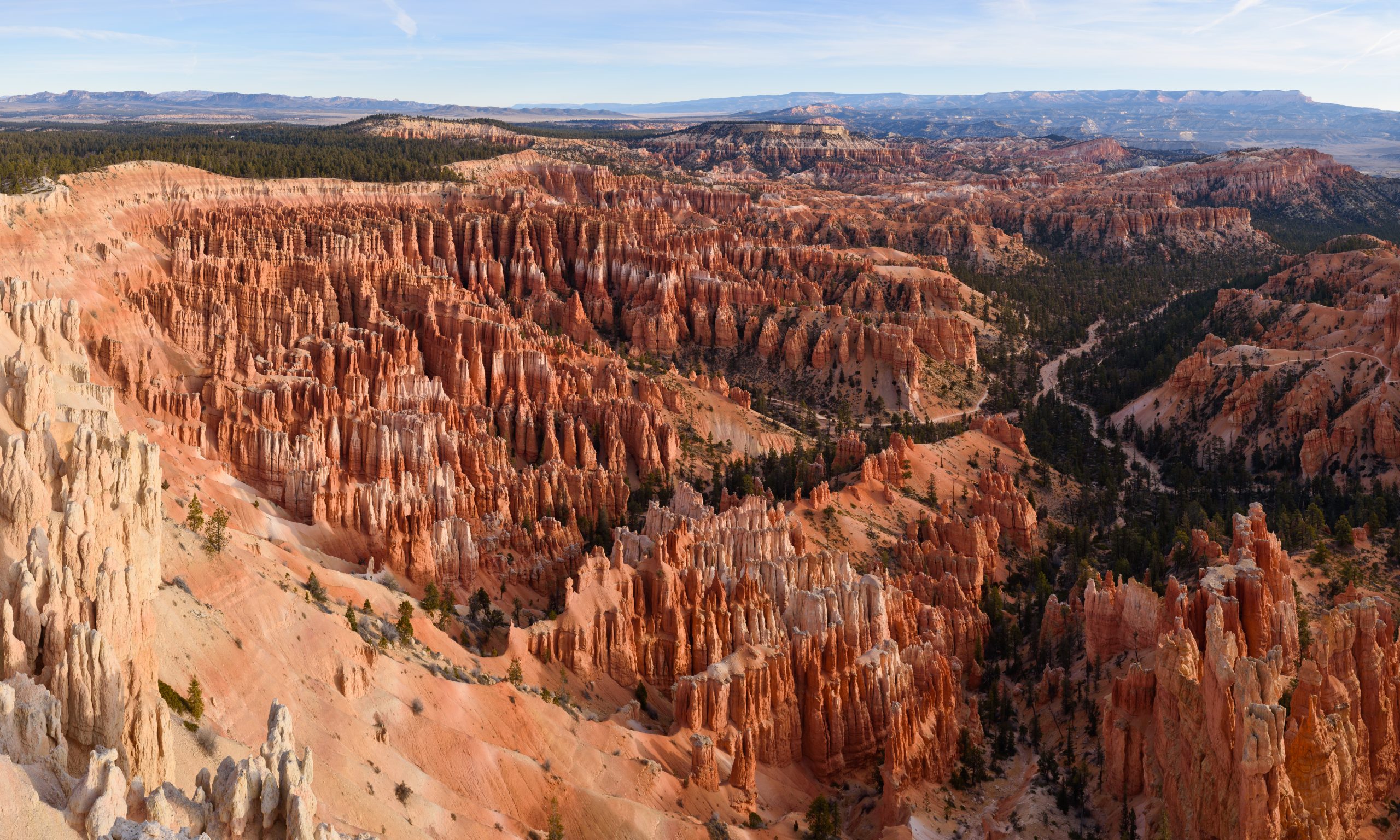
Classical music is full of pieces that sing the praises of nature and the earth. Many composers were notably devoted naturalists. So, some listening is the perfect thing to add to you Earth Day celebration.
Biedrich Smetena’s set of tone poems about his homeland tells of landmarks and customs. The Moldau is specifically about a river that runs through what was, at the time, Bohemia. While even this particular movement portrays more than just nature itself, Smetena allowed this river journey to tell part of the country’s story.
Wide open spaces of the western United States seem to be aptly described by the music of Aaron Copland, especially his Outdoor Overture. Interestingly Copland wrote it in 1942 for the High School of Music and Art in New York City – not exactly an open space. Fellow composer Elliot Carter gave the piece a glowing review, saying, “Its opening is as lofty and beautiful as any passage that has been written by a contemporary composer.”
Trips on horseback into the valley of La Paz, Bolivia, were the inspiration for Joan Tower’s piece Big Sky. She imagined going over the Andes Mountains, which were her view during those rides.
Arts patron Alice Tully commissioned Olivier Messiaen’s piece Des canyons aux étoiles for the bicentennial of the Declaration of Independence. In preparation, Messiaen spent time in Utah, enjoying Bryce Canyon. The piece itself, at 100 minutes, is as massive as the colorful canyons, which surely appealed to the composer’s synaesthesia.
Composer Frederic Rzewski is mostly known for his sociopolitical commentary through music. The composer is a virtuoso pianist, and many of his pieces ask the performers to follow nontraditional guidelines – improvising, following the music in a nonlinear fashion, or speaking while playing. In To The Earth Rzewski has the performer to play clay flower pots and speak while reciting a Homeric Hymn. The result is a composition that across as a quiet yet public ritual of tribute to what the poem calls the “universal mother.”
John Cage was on tour, performing accompaniment for Merce Cunningham’s dance company when performer Charles Moulton brought a dried cactus into the room, and plucked its spine next to the composer’s ear. Cage experimented with cacti and natural materials quite a bit, as you can hear in this improvisation.
One piece that Cage created out of this research was Child of Tree, which asks the performer to structure an improvisation via the I Ching, an ancient Chinese book of divination through numbers, with natural materials as instruments. Players often find a variety of leaves and seeds to use, and Cage requires that dried pods from a Poinciana tree be included in the mix.
Composer John Luther Adams was inspired by Cage’s words when he wrote Become Ocean. Cage had said the following in honor of another composer, Lou Harrison:
“Life on this earth first emerged from the sea. As the polar ice melts and sea level rises, we humans find ourselves facing the prospect that once again we may quite literally become ocean.”
The piece itself forms a musical palindrome. Like ocean waves, the instrumental groups move slowly and occasionally clash and climax with each other. After a great surge in sound, all of the music is then played in reverse.
Both of the BBC’s Blue Planet series have had unique music written especially for television. The more recent version was scored in a collaboration between Hans Zimmer with Jacob Shea and David Fleming. And while Sir David Attenborough’s narration isn’t precisely part of the score, it certainly does add to the sound.
This is hardly a complete list. Mahler’s Das Lied von der Erde, Debussy’s La Mer, Wagner’s Forest Murmurs, Vivaldi’s Four Seasons, and many more all pay tribute to mother nature. Stay tuned to 91Classical to hear favorites like these throughout our daily playlist.